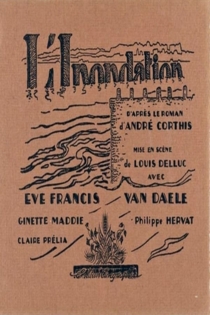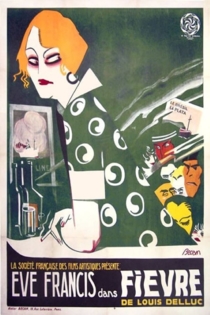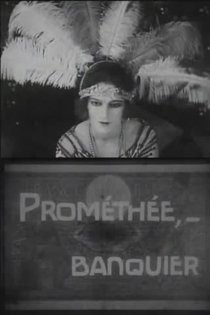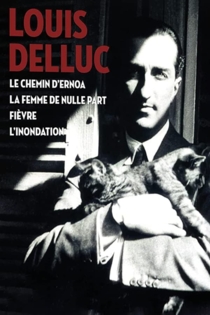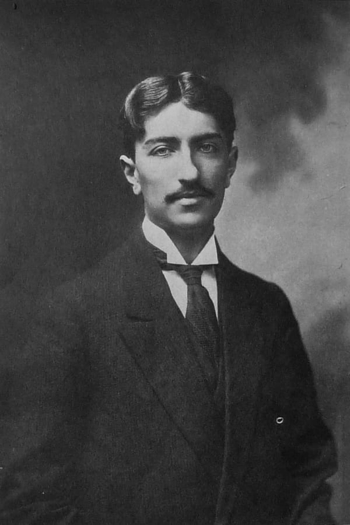
Louis Delluc
1890 - 1924He was born in Cadouin in 1890. His family moved to Paris in 1903. After graduating from the university, he became a literary critic. During the First World War, he was married to the Belgian actress Ève Francis, who acted in many of his films.
In 1917, Delluc began his career in film criticism. He went on to edit Le Journal du Ciné-club and Cinéa, establish film societies, and direct seven films. He was one of the early Impressionist filmmakers, along with Abel Gance, Germaine Dulac, Marcel L'Herbier, and Jean Epstein. His films are notable for their focus on ordinary events and the natural setting rather than on adventures and antics. Many of his early film writings for French newspapers were collected in the volume Cinema et cie (1919). He also wrote one of the first books on Charlie Chaplin (1921; translated into English in 1922).
Delluc directed his seventh film, L'Inondation (The Flood), in 1924. Filming took place in very poor weather conditions and Delluc contracted pneumonia. He died in Paris several weeks later, before the film was released.
The Prix Louis-Delluc, created in 1937, is named in his honour.
La Femme de Nulle Part
Louis Delluc
Ève Francis, Gine Avril
A fifty year old woman, scarred by a life of disillusionment and regret, returns to the place where she lived twenty years before, to rekindle happier memories. She meets a young woman, the daughter of the current owners of the property, who is on the point of abandoning her home – just as she did, all those years ago...
The Woman from Nowhere
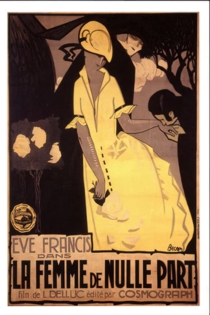
L'inondation
Louis Delluc
Ève Francis, Edmond van Daële
In a village on the banks of the Rhone river, Alban, a young farmer, is about to marry Margot. Monsieur Broc, a town hall employee, discovers his daughter is taken with Alban. When he rejects her, she collapses. Suddenly, the river rises and floods the village. One evening, Margot disapears… This peasant drama, adapted from a novel by André Corthis and shot during an actual flood of the Rhone, was Delluc’s last. The human madness is an echo to nature’s fury, magnified by moving images of a Provence submerged by water and mist.
The Flood
